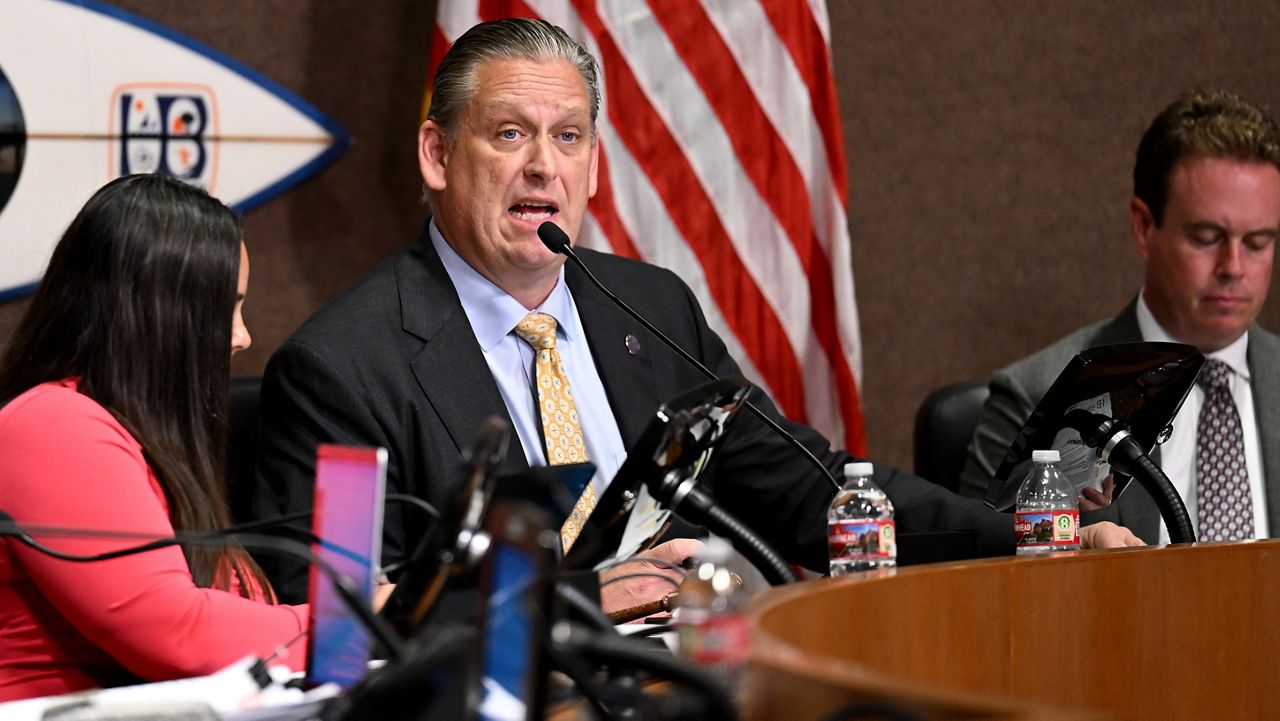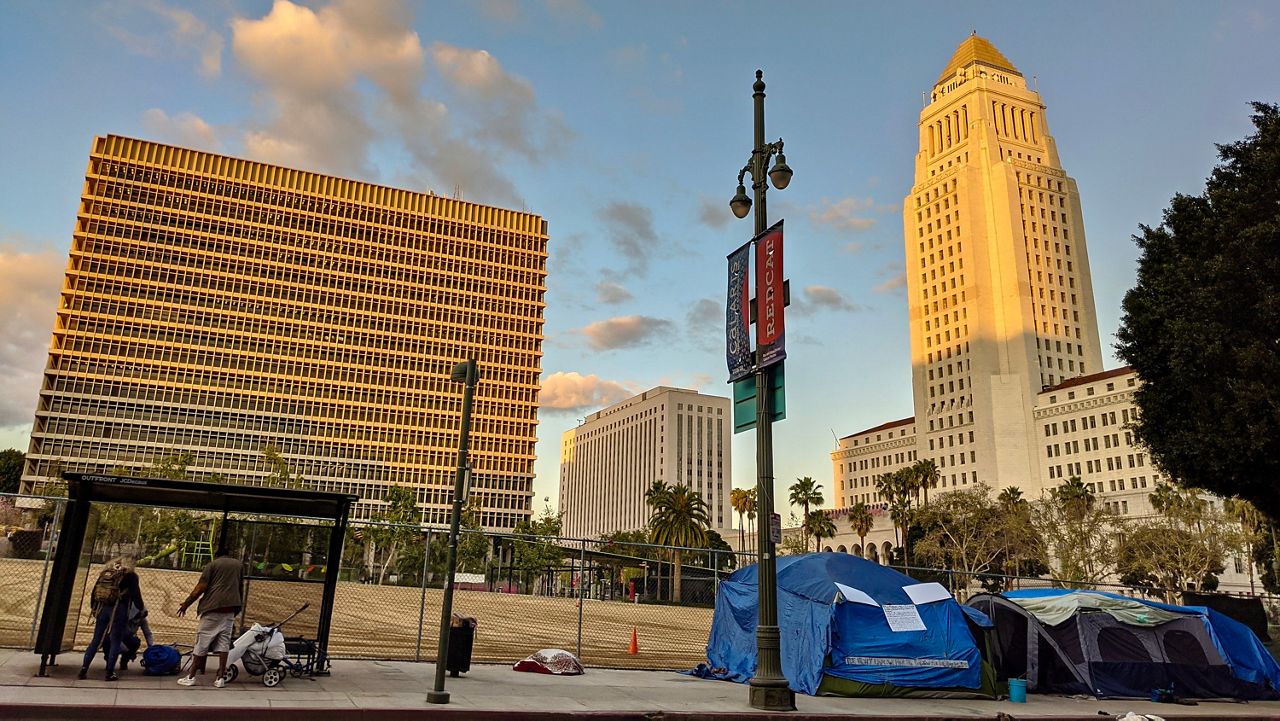A California lawmaker is taking action to fight against the recent Supreme Court ruling that struck down affirmative action for college admissions.
Affirmative action has been banned in California since 1996 after voters passed Proposition 209. Three years ago, voters tried to overturn it but were unsuccessful.
This year, Assemblymember Corey Jackson is the author of ACA 7 a proposed constitutional amendment that would amend Proposition 209 to allow the governor to issue waivers for certain state agencies and institutions for research-based and culturally specific programs.
“[Prop 209] has literally been the No. 1 enemy for African Americans in the state of California, to be able to repair hundreds of years of trauma and roadblocks that we’ve experienced over generations,” Jackson said.
Jackson joined “Inside the Issues” host Alex Cohen to discuss his proposed constitutional amendment and the recent Supreme Court decision.
ACA 7 would allow California to use state money to fund research-based and culturally specific programs like public education if it found the programs improve marginalized people’s life expectancy, improving educational outcomes, or help lift them out of poverty.
“If we can extend the life of people, break cycles of poverty, and still help people achieve educational excellence, those things should be allowed and we should be able to make exceptions for them,” Jackson said.
Jackson said the language in the proposed amendment was specific to making sure the programs for implementation are research-based to make sure they are delivering on the promises being made for the exemption.
“This is not somebody’s idea, this is not somebody’s experiment, this has been proven to work over and over again throughout the nation,” Jackson said.
In an exchange on X, formerly known as Twitter, between Jackson and Republican Assemblymember Bill Essayli regarding a committee hearing for ACA 7, Jackson referred to Essayli as a white supremacist. Essayli is the first Muslim member in the California Assembly.
In defending his use of the term toward Essayli, Jackson said he was using it in the academic way of white supremacy, being the promotion of euro-centric ideology being superior to other cultures.
Assembly Minority leader James Gallagher highlights how these attempts have failed in the past and where affirmative action stands with California voters.
“This has been on the ballot twice in recent history in California, and the voters in California have upheld the ban on affirmative action because they believe it is unfair to judge people based on their race and give certain people preferences over others,” Gallagher said.
In response to the criticism over affirmative action, Jackson said his bill has been narrowly tailored to support marginalized communities, who have dealt with historical inequities due to their race.
“You can’t say that you can’t solve a problem due to making sure that people are treated or given the resources necessary because of their race, when the problem was created because people were targeted because of their race,” Jackson said.
Let Inside the Issues know your thoughts and watch Monday through Friday at 8 p.m. and 11 p.m. on Spectrum News 1.










